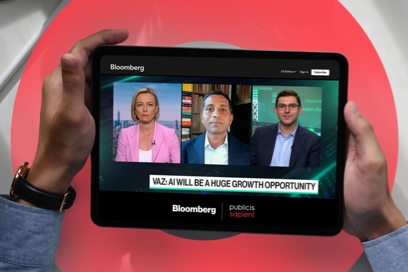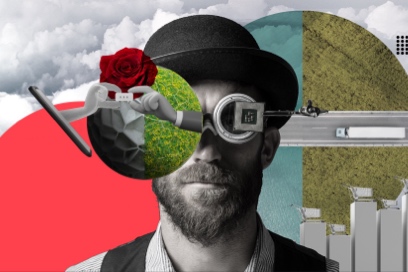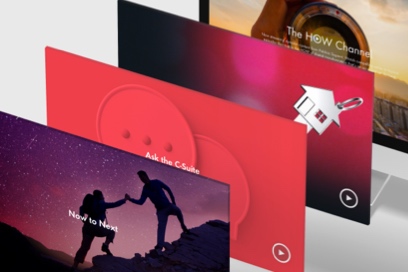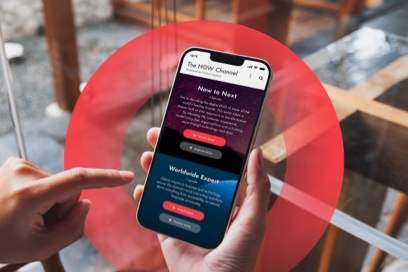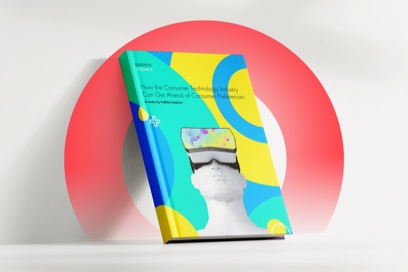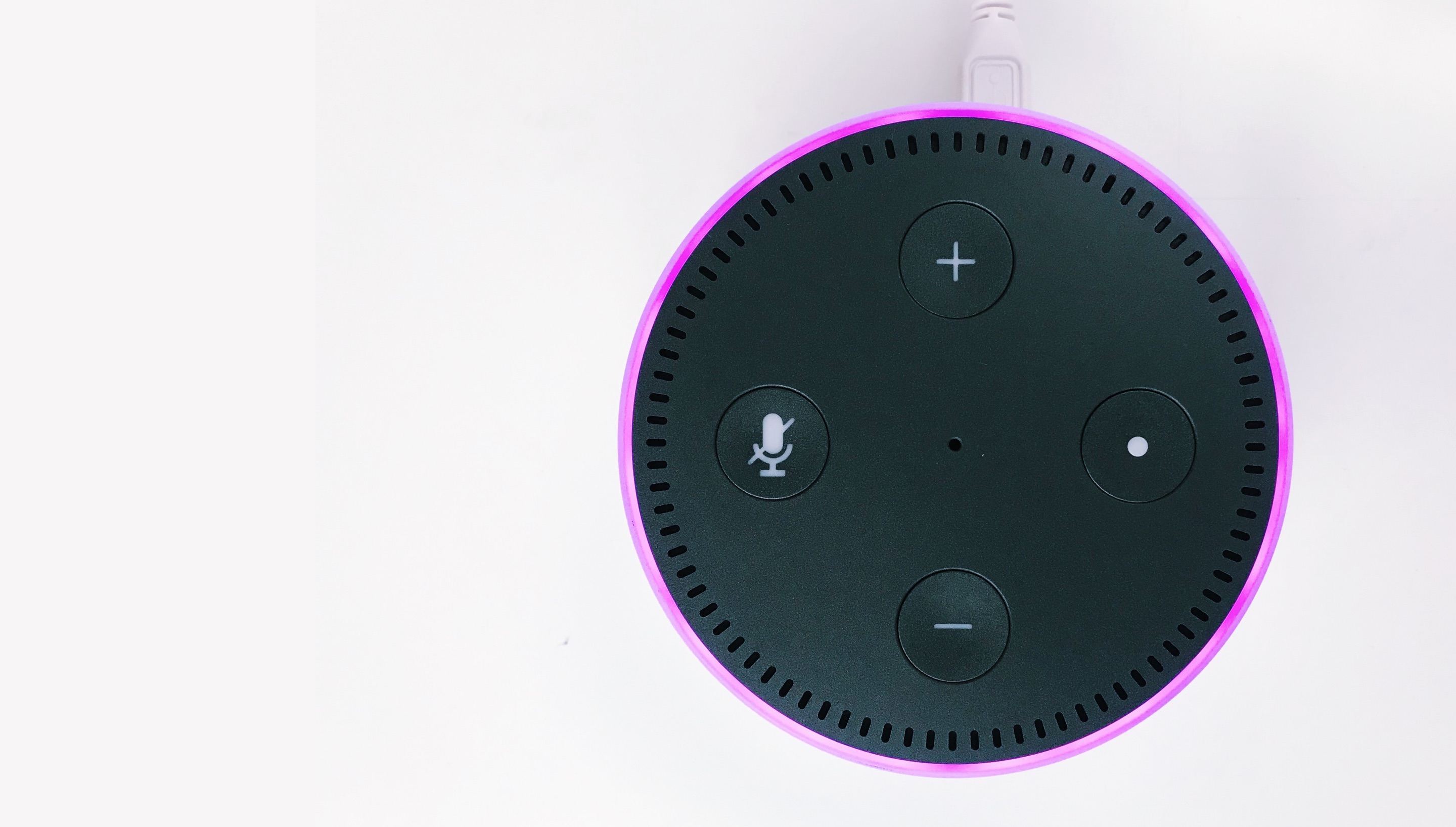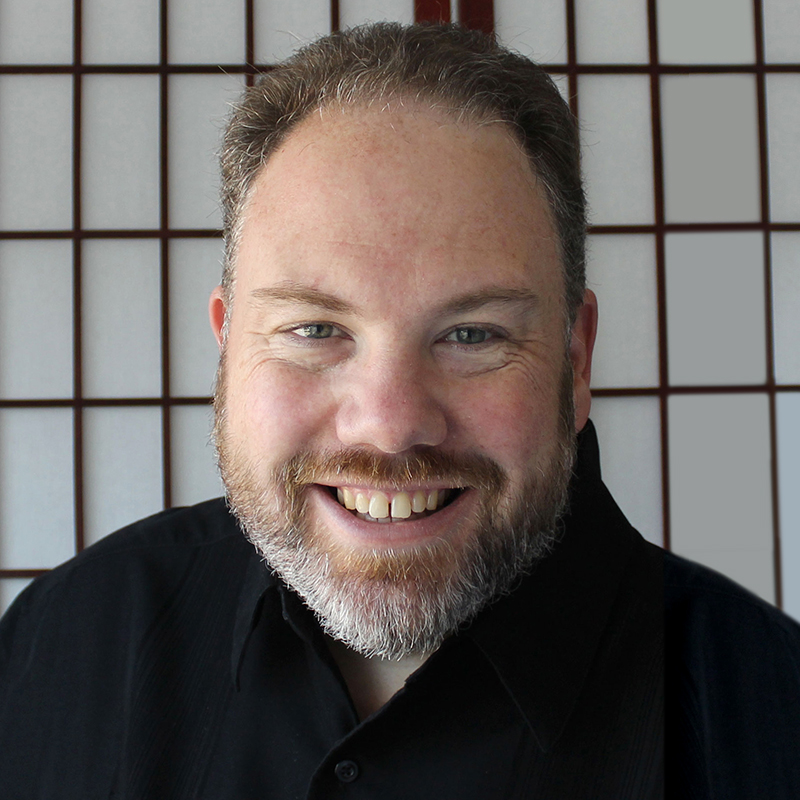The digital world is everywhere and moving into the real world more every day. Some say the days of true privacy are over while others fear that we've gone too far and barriers need to be put into place.
Is the debate about privacy over? Not even close.
Is privacy lost?
In terms of the norms of what most of us grew up with, the concept of privacy is gone. No matter what side of the argument you're on, no one can disagree the concept of privacy has been completely revolutionized.
Many privacy advocates have sounded the alarm that we don't really understand what we're sharing or have no control over it anymore. For instance, most people share photos to Facebook, but few know who really has access to it. The Cambridge Analytica data scandal brought much of this to light in 2018 when it was revealed that the private firm had harvested personal data from Facebook for a political campaign without users' consent.
The scandal started public conversations on ethical standards for social media companies, consulting firms and politicians. Consumer advocates have called for greater consumer protection in online media and the right to online privacy, which resulted in a $5 billion fine for Facebook. However, with revenues of $15 billion a quarter, even that large amount could be seen as a drop in the bucket for the social media giant and some are even calling it a "cost of doing business."
A promise of convenience
Still, many of us consider our personal information as a currency that we’re willing to give up small parts of for convenience—or future wealth. The internet has given everyone access to convenience once reserved for royalty, and the price for that is sacrificing a certain level of privacy. Society is typically good at regulating on a large scale what’s acceptable and what’s not. It's possible that we've just not caught up yet.
Many maintain that since our data is already "out there" and in the hands of large organizations like Facebook (or world governments), a world of democratically shared information is right around the corner. One popular view is a world where scientists and researchers can sample and share medical records of billions of people to create medical breakthroughs. While a wild idea today, many ideas that seemed wild just a few years ago are now commonplace.
The theory is as more people accept less personal privacy, the values will be absorbed and less leaks will happen. Therefore, rather than condemning leaks, the focus should be on risk management and protection of the most valuable data. That could start today with people being more aware of what they share and with whom.
Clearly there are two sides to this discussion.
The impact
Because of rapid advancements in digital technology, many of the laws related to privacy around the world are outdated or even completely inapplicable in the modern era. Ironically, many of the services themselves are protected more than the users they market to one another (and us) as products and services with our data. This doesn’t scratch the surface of using this data as surveillance. What does the world of “listening” look like when users are willing to give up most, if not all, of the information for free?
Many privacy advocates say a distinction between information sharing and outright surveillance must be made. There is a big difference in being listened to when you know it and being listened to when you don't. Involuntary disclosure of personal information, where information is collected without consent by governments, seems less of a concern than for-profit corporations tracking personal data. As a result, it's increasingly important for companies to be forthcoming about what personal information they collect and why they are using it. While "data may be the new oil" in terms of its value, it's also one of the more dangerous items for companies to possess.
In just the last three years there have been dozens of company database hacks exposing nearly all adults in the U.S. to the possibility of identity theft. Even the U.S. government is not immune as one of its databases was compromised, resulting in the loss of personal information of millions of government employees. But as technology evolves and new generations come into the economy, new constructs of what is “private” and what can be “shared” will be defined and woven into the common fabric of society.
In the meantime, these views and questions should be considered before clicking on “I Agree” on the terms and conditions box.
